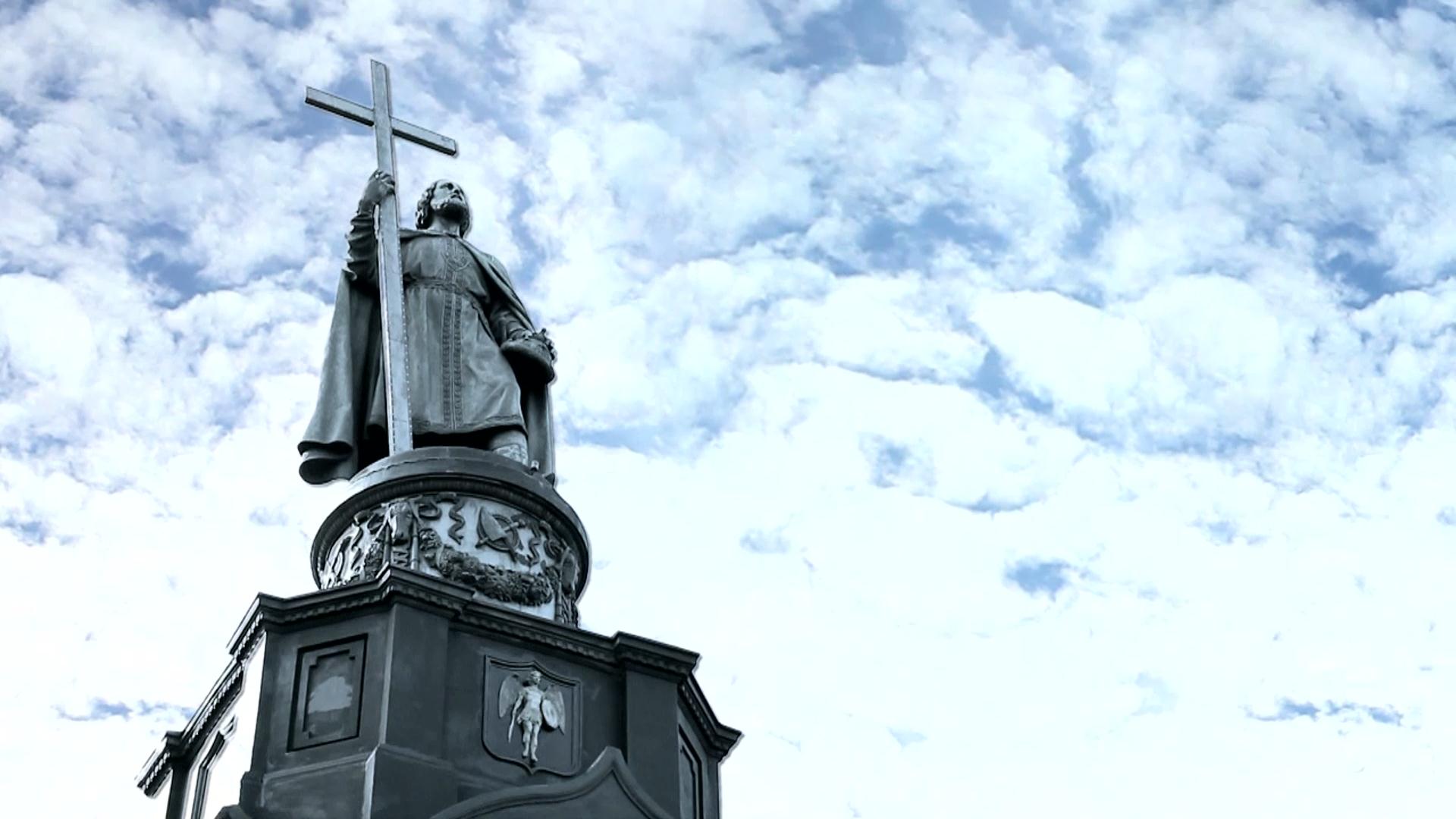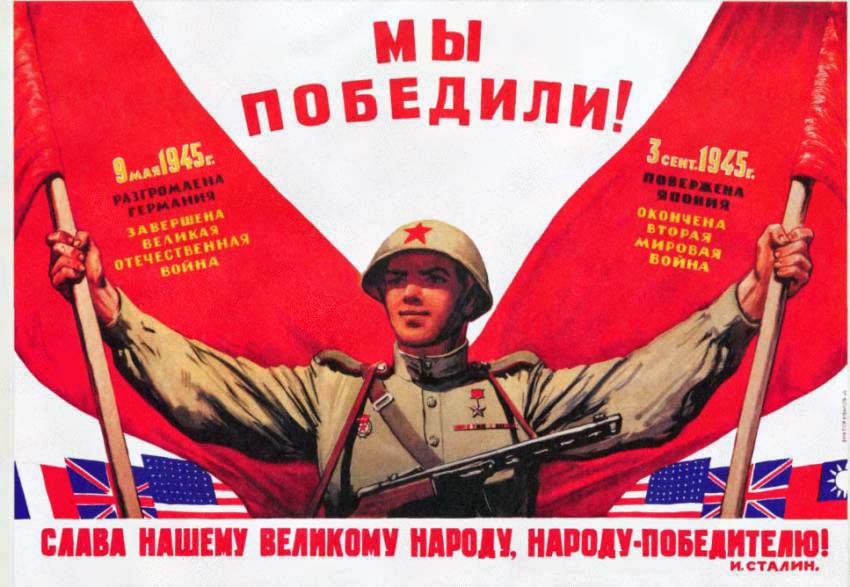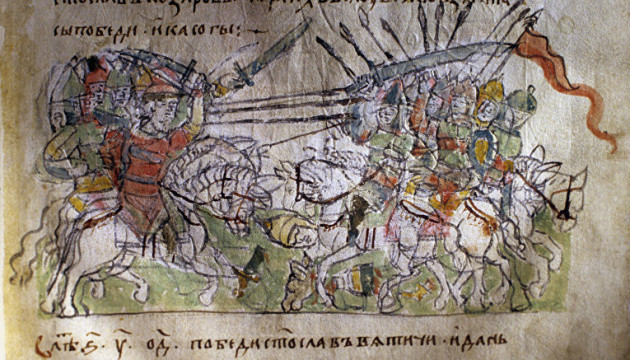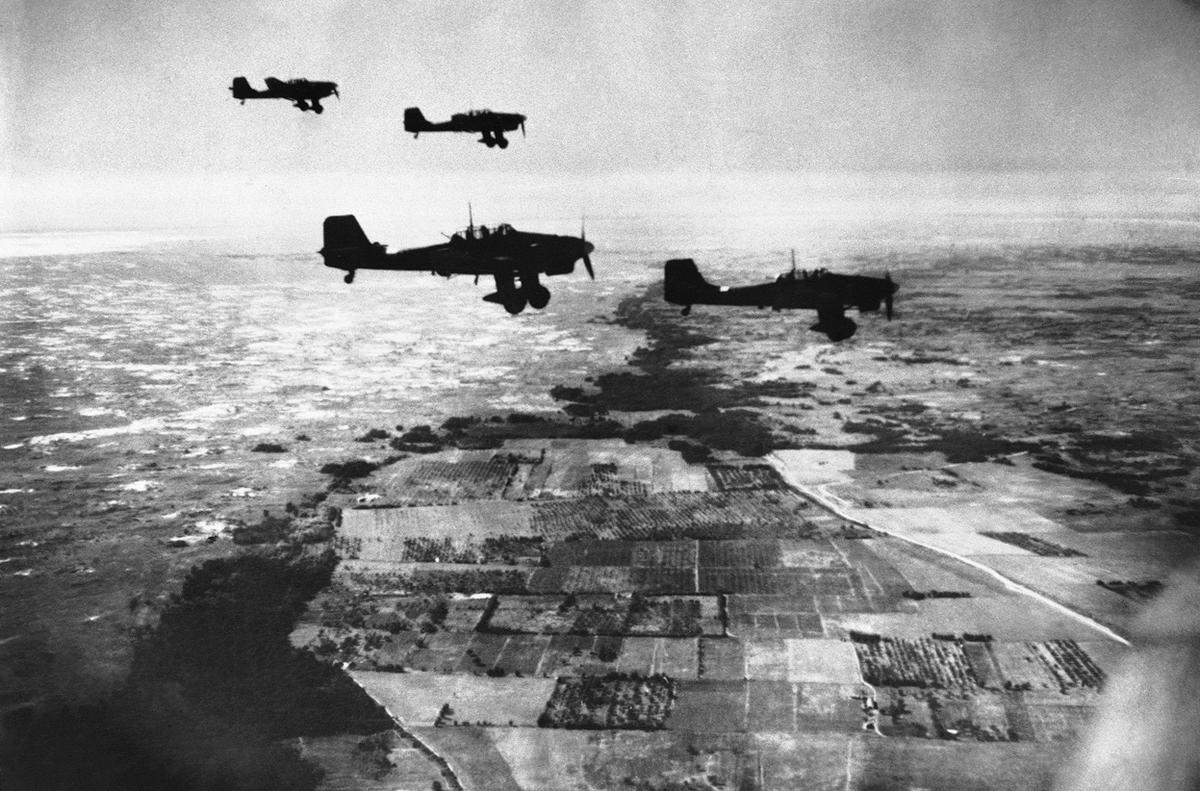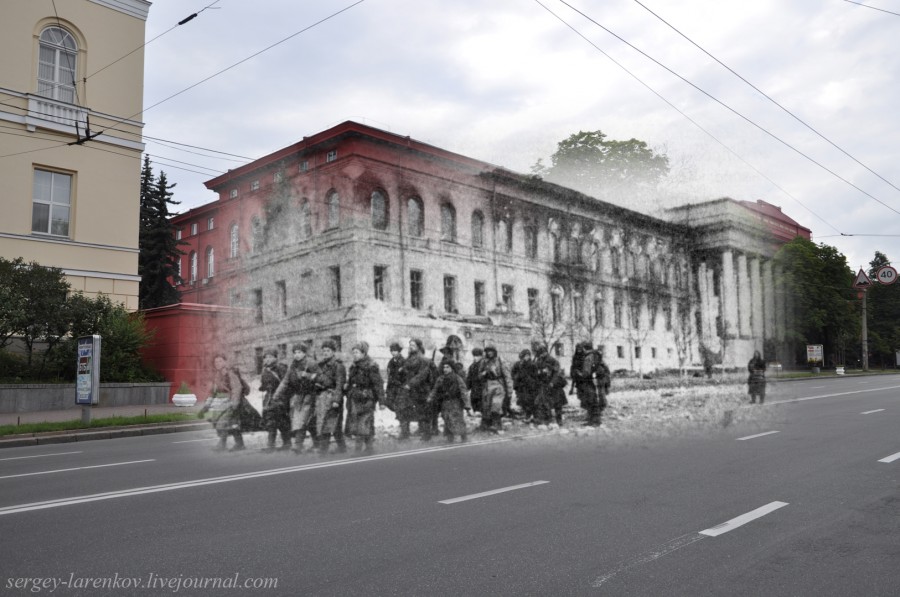On the eve of the Holy and Great Council of the Orthodox Churches, Ukraine’s Parliament approved and issued an urgent appeal to Ecumenical Patriarch Bartholomew. The Ukrainian Parliament asked Patriarch Bartholomew to nullify the transfer of jurisdiction of the Kyivan Metropolia from Constantinople to Moscow in 1686, to convene an All-Ukrainian unification council to occur with the presidency of the ecumenical patriarch, and to grant a Tomos of autocephaly to the Orthodox Church in Ukraine.
The Parliament’s appeal was followed swiftly by a petition from Orthodox clergy and laity in Ukraine to Patriarch Bartholomew, expressing solidarity with the state’s position and asking the Patriarch to facilitate Eucharistic communion between all Orthodox Ukrainians, and establish an autocephalous Church in Ukraine without alienating those who desire to remain in the Moscow Patriarchate.
Dismissive responses to the Parliament’s appeal arrived swiftly from Metropolitan Onufriy, the primate of the Ukrainian Orthodox Church under the jurisdiction of Moscow, and the Moscow Patriarchate itself. The dismissals depicted Parliament’s appeal as a gross and blatant violation of the separation of Church and state in Ukraine.
Read also: How Russia used Orthodox fundamentalism to hijack the Church Council in Crete
What does the Ukrainian Parliament’s appeal mean, and how can we expect Patriarch Bartholomew to respond? Let’s briefly review some of the key elements of Ukrainian Church history for insight.
The Struggle for Autocephaly in the 20th Century
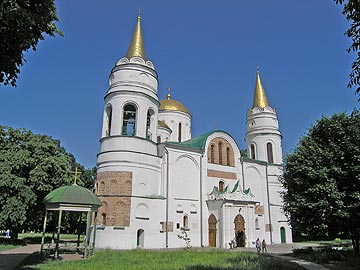
Kyiv received Christianity from Constantinople and belonged to the Ecumenical Patriarchate until it was transferred to Moscow in 1686. The transfer of Kyiv to Moscow was politically motivated: Constantinople was compromised by Turkocratia, and the Hetman of Ukraine had entered a political agreement with Tsarist Russia with the Treaty of Pereyaslav in 1654. The Kyivan Metropolia was heavily Russified in the centuries following its annexation to Moscow, especially during the nineteenth century. A predominantly Russian episcopate in the Kyivan Metropolia symbolized the Muscovite “colonization” of Kyiv during this period.
The struggle for control of Ukraine was intense, as Ukraine enjoyed only very brief periods of independent statehood from 1917-1919. During this chaotic period, an All-Ukrainian Council was convoked in 1918. The council voted for autonomy and rejected ecclesial Ukrainization, but was considered dubious by many Ukrainians, especially since the most vocal pro-autocephaly cohort was prohibited by the Russian bishops in Ukraine from participating in the summer session. Later, the council of 1918 was depicted by Ukrainians as another example of Russian colonization of Ukraine.
Many provinces of Western Ukraine were under Polish rule after the revolution, and the Church in Poland became autocephalous in 1924. The Tomos of autocephaly issued by the Ecumenical Patriarchate justified its recognition on the basis of the uncanonical annexation of the Kyivan Metropolia to Moscow in 1686.
Father Timofiy Minenko, the late historian of the Church in Ukraine, differentiated the two cohorts of autocephalous Churches emerging from the fateful events of the early twentieth century.

The autocephalist cohort, frustrated by the All-Ukrainian Council of 1918, urgently and frequently appealed to the ecumenical patriarchate for autocephaly. When Constantinople could not deliver, the autocephalists sought assistance from the Georgian Church. The Ukrainian autocephalists requested independence from Moscow over and over again, to no avail. In early 1919, when Ukraine was ruled by the Directory (under Symon Petliura), the state issued a law decreeing the autocephaly of the Orthodox Church in Ukraine, and commissioned Oleksander Lototsky, who had served as minister of confessions under the Hetmanate, to receive recognition from Constantinople. The 1919 state law on autocephaly was the only official act of the Ukrainian state attempting to assist the Church in securing autocephaly until the recent appeal by Ukraine’s Parliament.
The collapse of the Directory and the failure of the autocephalists to reach an agreement with the Russian bishops led to the convocation of two councils in Kyiv: a local council in May 1921 proclaiming autocephaly, and then an All-Ukrainian council which created an episcopate in October 1921 through the employment of an innovative conciliar rite of consecration.
This rationale of liberation theology echoes the reference to colonization in the Ukrainian Parliament’s appeal to the ecumenical patriarch.
The second line of autocephaly stemmed from the 1924 Church in Poland, which had a majority of Ukrainian people because of the large Volynian eparchy. The Ukrainian autocephalists coming from the Church in Poland viewed the 1924 Tomos of autocephaly as superseding the 1918 All-Ukrainian council. Autocephaly became possible when the German occupiers of Ukraine dangled the dream of an independent Ukrainian republic, and in the very brief period of Church activity sanctioned by the Germans, the Ukrainian autocephalists decreed the 1918 All-Ukrainian council to be a pseudo-council.
When the Soviet Army defeated the Germans and Western Ukraine was annexed to the Soviet Union in 1945, all of the Orthodox in Ukraine returned to the jurisdiction of Moscow, to be joined a year later by Greek Catholics, coerced into a false reunion with Orthodoxy on account of the Lviv council of 1946.

The Orthodox Church in Ukraine hailed the reunion of all Eastern Slavs in a series of Church celebrations and publications, thanking the Soviet regime for deliverance from the tyranny of Nazi fascism.
Therefore, the autocephalists did not have a patron in the Ukrainian state until 1992, when Ukrainian President Leonid Kravchuk supported Metropolitan Filaret’s aspirations for an autocephalous Church, and a series of intra-church battles which resulted in the emergence of the Kyiv Patriarchate in Ukraine. Ukrainian state officials changed ecclesial allegiances in correspondence to their political priorities: President Viktor Yushchenko orchestrated the 1020th
anniversary of the Baptism of Rus-Ukraine in Kyiv and invited Patriarch Bartholomew to participate, with the hope that the ecumenical patriarch would establish one autocephalous Church in Ukraine. President Victor Yanukovych supported the Ukrainian Orthodox Church under Moscow. Now, in the conditions of a bitter war expressed through the language of liberation and the defeat of colonization, the Ukrainian Parliament returns yet again to the ecumenical patriarchate, for his intervention.
The political motivations for these developments should be obvious: the Ukrainian state officials hope that a unified Orthodox Church in Ukraine will contribute to the unification of people, as divergent Orthodox Church allegiances are contributing to societal division.
The ecclesial ramifications of the appeal require closer analysis.
On the one hand, the Parliament’s appeal continues the decades-long references to the illegitimacy of the 1686 annexation of the Kyivan Metropolia to Moscow as a symbol of Russian colonization of Ukraine. This appeal is consistent with the rationale for Ukrainian autocephaly throughout its history: the undoing of an ecclesial error by the Church which made the mistake in the first place (Constantinople).
On the other hand, the Parliament’s appeal does not consider the practical problem of Orthodox division in Ukraine. The Orthodox Church under Moscow committed to the canonical path of autocephaly at the Kharkiv council of 1992, but has recently abandoned that project, along with official dialogue with representatives of the Kyiv Patriarchate. However, there is ample evidence that a critical mass of clergy and some hierarchs of the Church under Moscow would welcome autocephaly.
Several Ukrainian religious experts have proposed the creation of a canonical alternative in Ukraine, with two Orthodox Churches: one autocephalous Church of Kyiv, and an eparchy remaining under the jurisdiction of Moscow. One way to establish such a situation would be for the ecumenical patriarchate to recognize the autocephaly of the Kyiv Patriarchate. The Kyiv Patriarchate requested such recognition in its recent appeal to Constantinople, and offered to relinquish its patriarchal status in exchange for recognition.
The key here is recognition: the Kyiv Patriarchate is a sizable ecclesial structure with a hierarchy, monasteries, and fidelity to Orthodox dogmatics and canon law already in place. Recognizing autocephaly is not the same as granting it: the ecumenical patriarch would merely affirm the legal status of the Kyivan Church, he would not create it. The Parliament’s petition for a unification council would become an administrative meeting designed to reconfigure the structures for the merger of the bishops, clergy, and parishes under Moscow that desire autocephaly with the Kyiv Patriarchate. The creation of this parallel canonical situation would permit the clergy and parishes desiring to remain under Moscow to remain as they are.
Constantinople’s Response
How will the Ecumenical Patriarch respond? First, any response from Constantinople should be viewed as a dialogue with Orthodox faithful of Ukraine, not as a response to the state. Modern Ukrainian history demonstrates a consistent pattern of Orthodox Ukrainians seeking recognition of their legitimate place in the family of global Orthodox Churches.
However, it is quite possible that the Ecumenical Patriarch will respond to the Ukrainian appeals after the council. If the patriarch responds favorably and acknowledges the autocephaly of the Kyivan Church, he would honor the antiquity and canonicity of the Kyivan Church, and facilitate the re-creation of a distinct Kyivan ecclesial identity free from subservience to Moscow. The Ecumenical Patriarch would also recognize the dignity of Orthodox clergy and faithful in Ukraine who identify with the Russian Orthodox Church. Such an action may very well become an important piece in the process of healing and stability in contemporary Ukrainian society. For a patriarch who has consistently championed peace, reconciliation, and responsible stewardship, his contribution to resolving the most painful schism in contemporary Orthodox history would be a tribute to his legacy.
 Nicholas Denysenko is Associate Professor of Theological Studies and Director of the Huffington Ecumenical Institute at Loyola Marymount University.
Nicholas Denysenko is Associate Professor of Theological Studies and Director of the Huffington Ecumenical Institute at Loyola Marymount University.
Related:
- How Russia used Orthodox fundamentalism to hijack the Church Council in Crete
- Orthodox world heading toward a new schism
- Pro-Russia militants in occupied eastern Ukraine torture protestant pastor to convert to Russian Orthodox Church
- Ukraine and the Orthodox Taliban
- Ukrainian Orthodox Church of Kyiv Patriarchate in Crimea evicted from Cathedral
- The Orthodox Caliphate in Russia
- The Russian Orthodox Church of the Moscow Patriarchate resembles the CPSU of Soviet times
- Russian Orthodox Church returning to Soviet-era norms, Bychkov says
- Stalin and the Russian Orthodox Church

